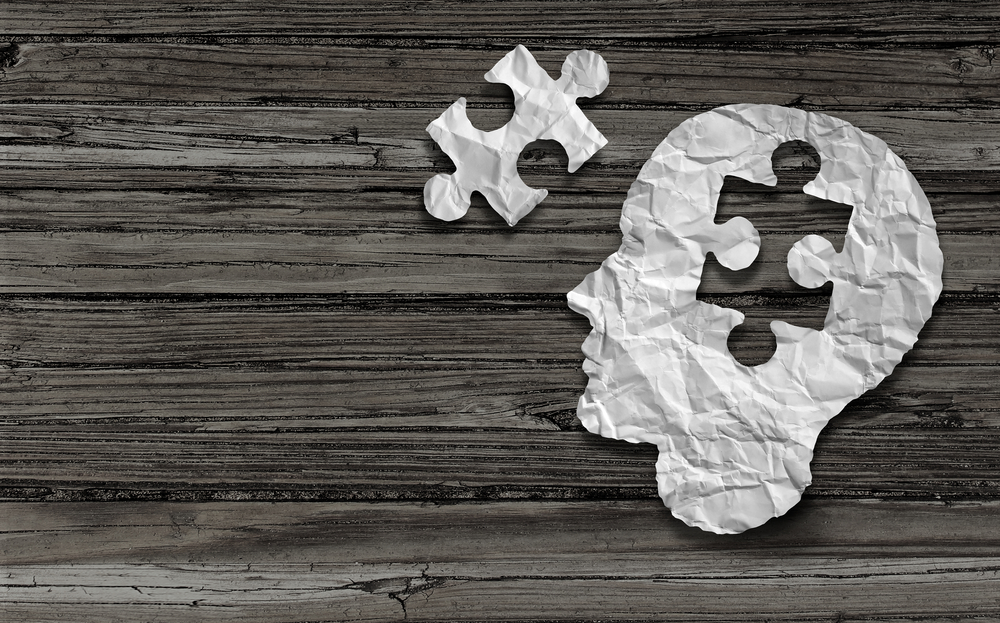
If you’ve seen the phrase “trigger warning” before reading an article or viewing a post on social media, you may be wondering what exactly a trigger is. Mental health triggers are internal or external circumstances or events that have the possibility to produce uncomfortable emotional or psychiatric responses such as anxiety, distress, panic, and more.
But how can people identify their triggers and work towards managing them effectively? Is relief available for those affected by mental health triggers? Keep reading on to find out more.
How to Identify Triggers
It’s important to differentiate an actual trigger from an uncomfortable event. While feeling uncomfortable from time to time is an expected human response, being triggered is more complex and usually stems from a traumatic experience which makes those affected feel like they’re experiencing the trauma once again.
If this sounds like a familiar situation to you, it’s important to seek out professional mental health treatment. As a trusted practitioner, I can help those impacted by triggers to manage them as effectively as possible.
But how do you know what your triggers are or what types of events may cause them? Take out a piece of paper and write down the triggers that you’re familiar with. This may be when you spend too much time by yourself or when your monthly bills come in the mail.
After you’ve noted the triggers you’re familiar with, write down events that could potentially trigger you. Examples include difficult anniversary dates, being criticized, getting sick, family issues and more. Don’t worry if you don’t have all the answers straight away – once you identify new triggers, add them to this list so you can easily identify situations that negatively affect you.
How to Manage Triggers
Once your triggers have been identified, it’s important to work out ways of dealing with your triggers when undergoing professional mental health treatment.
Think of times that you have effectively managed your triggers. What did you do differently? How did you prevent your symptoms from escalating? Maybe this means you went for a 5 minute walk to clear your head. Maybe you practiced controlled breathing in the bathroom. Whatever it is, write it down and remember it for next time.
If you haven’t been able to manage your triggers, do not worry. There are lots of coping mechanisms that exist to help with those dealing with triggering situations. The first and most obvious way to avoid triggers is by avoiding the situations that cause them. While this is easier said than done, if you find yourself being triggered by a friend, take steps to distance yourself from the relationship. After all, your mental health is the most important thing!
Unfortunately, avoiding triggering situations isn’t always possible so it’s important to have coping mechanisms up your sleeve should you become triggered. When seeking professional mental health treatment, this will be a focus point when dealing with triggering situations.
Some coping strategies that can help with triggering situations include:
- Calling someone you can trust for support
- Controlled breathing
- Fitness
- Journalling
- Meditation
Once you’re able to identify when you’re feeling triggered (breathing changes, face may feel hot, etc) it’s important to find methods that work for you to calm yourself down.
Seek Professional Mental Health Treatment Today
Dealing with triggering situations on your own can be difficult. Get in touch today to take control of your mental health and work towards solutions to better manage triggering situations.